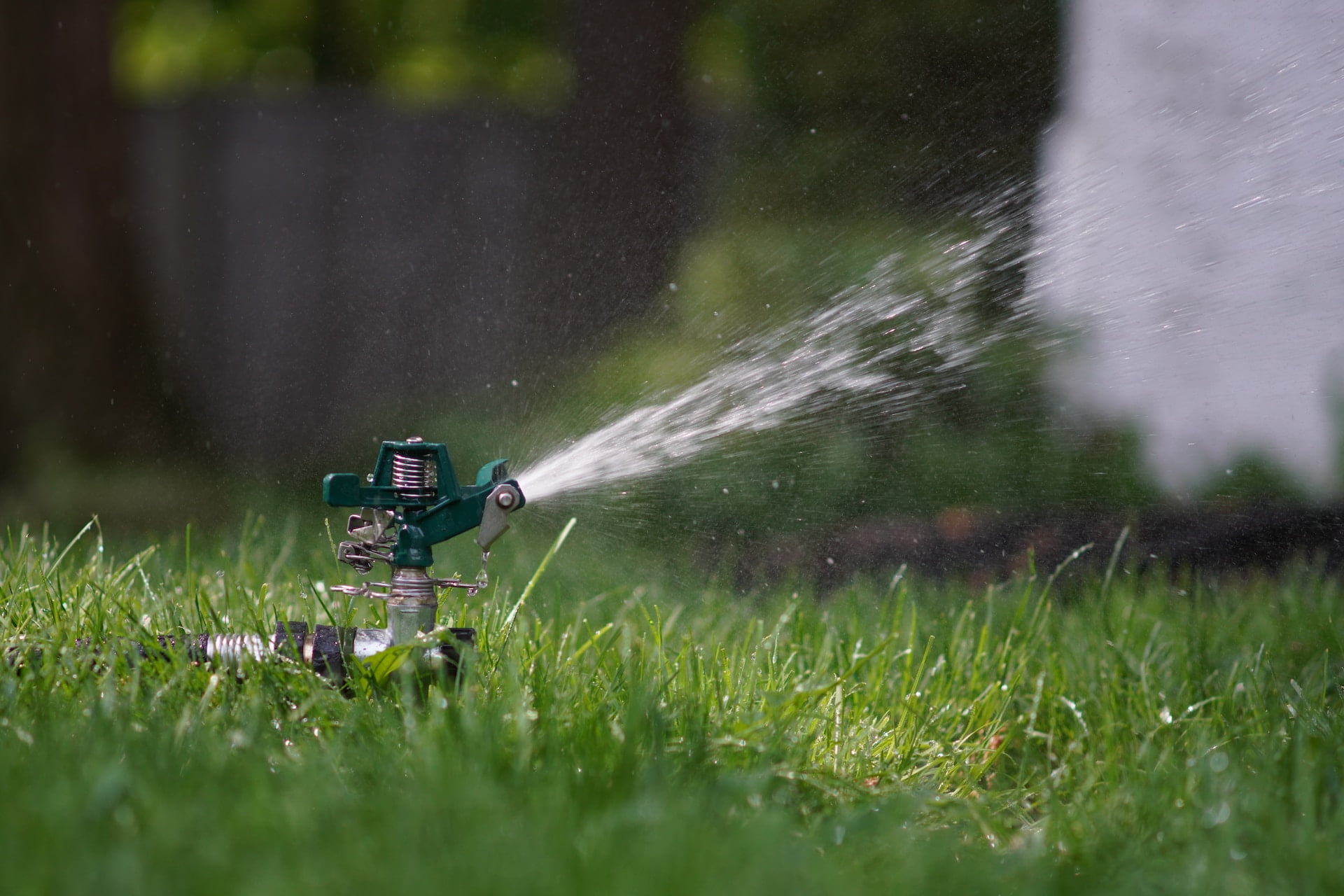Weatherproofing with Rubber Washers: Protecting Outdoor Equipment
When it comes to weatherproofing and protecting outdoor equipment, rubber washers can be an invaluable tool. But where should you start when choosing the right ones for your projects?
In this blog post, you’ll learn more about how you can use rubber washers to seal out moisture and protect everything from plumbing pipes to electronics enclosures.
We’ll discuss why they are a good choice for protecting against environmental stressors like UV exposure or extreme temperatures, as well as interesting things about their design that make them so effective at sealing out water vapor and dust particles.
You’ll also get tips on choosing the right type of rubber washer based on your project requirements.
Whether you want something corrosion-resistant for marine applications or vibration-dampening instead of soundproofing, we have got the information here that will help you expand your knowledge in order to maximize success with your next project!
Understand the Benefits of Rubber Washers in Weatherproofing
Rubber washers might seem like a small and insignificant component, but they play a crucial role in weatherproofing.
With their flexibility and durability, these washers create a tight seal that prevents moisture from seeping through gaps. This is especially important in outdoor settings where the weather can be unpredictable.
Using rubber washers can help protect your property from damage caused by water leaks or corrosion. Additionally, these washers are cost-effective and long-lasting, making them a smart investment for any weatherproofing project.
Understanding the benefits of rubber washers can help you make informed decisions when it comes to protecting your property from the elements.
Select the Right Type of Rubber Washer For Your Outdoor Equipment
When it comes to maintaining your outdoor equipment, selecting the right type of rubber washer can make all the difference. These small yet mighty components are responsible for sealing and preventing leaks in essential outdoor equipment, such as hoses, sprinklers, and power washers.
There are many different types of rubber washers available, each designed to tackle specific types of applications. For example, some washers are perfect for higher pressure settings, while others are better suited for low-pressure systems.
It’s important to consider the type of equipment you have and the conditions it will be exposed to when selecting the right rubber washer. With the right washer in place, you can extend the lifespan of your outdoor equipment and ensure it operates efficiently.
Assess and Prepare the Surface to Receive the Washer
Are you getting ready to use your pressure washer? Before you do, it’s important to assess and prepare the surface that’ll be receiving the washer.
By doing so, you’re ensuring that the surface is clean, free of debris, and stable enough to withstand the pressure from the washer. This step will not only help to make your cleaning job more efficient, but it’ll also help to prevent damage to the surface.
Preparing the surface can involve anything from sweeping away loose dirt to repairing cracks and holes.
Once you’ve taken the time to assess and prepare the surface, you’ll be able to start using your pressure washer with confidence and know that you’re making the most of its cleaning power.
Consider the Advantages of Different Sized and Thickness Rubber Washers
Rubber washers come in various sizes and thicknesses, and it’s important to choose the correct one for your specific needs. The advantages of different sizes and thicknesses of rubber washers include better sealing properties, improved shock absorption, and increased durability.
Thicker rubber washers are great for applications that require extra protection and cushioning, while smaller rubber washers are perfect for those hard-to-reach areas.
Additionally, choosing the right size and thickness for your washer can help you save money in the long run by preventing leaks and unnecessary repairs.
Overall, taking the time to consider the advantages of different sizes and thicknesses of rubber washers is a crucial step in ensuring the success of your project.
Tips for Maintaining an Optimal Level of Weatherproofing with Rubber Washers
Rubber washers can be a great solution for keeping your equipment protected from the elements. But it’s important to make sure you’re keeping up with your weatherproofing maintenance to ensure that your washers are serving their purpose well.
One important tip for maintaining optimal weatherproofing with rubber washers is to regularly inspect them for signs of wear and tear. Over time, rubber can deteriorate and become less effective, so ensuring that your washers are still in good condition is key.
Additionally, making sure that your washers are properly installed and securely in place can help ensure that they’re doing their job effectively.
By following these maintenance tips, you can help ensure that your equipment stays protected from the elements, even in the toughest weather conditions.
Rubber washers are an essential component of weatherproofing outdoor equipment, so it is important to invest time in understanding the advantages that this simple item can bring.
Now that we have explored the advantages of rubber washers and how to install them correctly, you can be confident going into your next project or home improvement job knowing how to get the most out of this straightforward but effective weatherproofing option!




